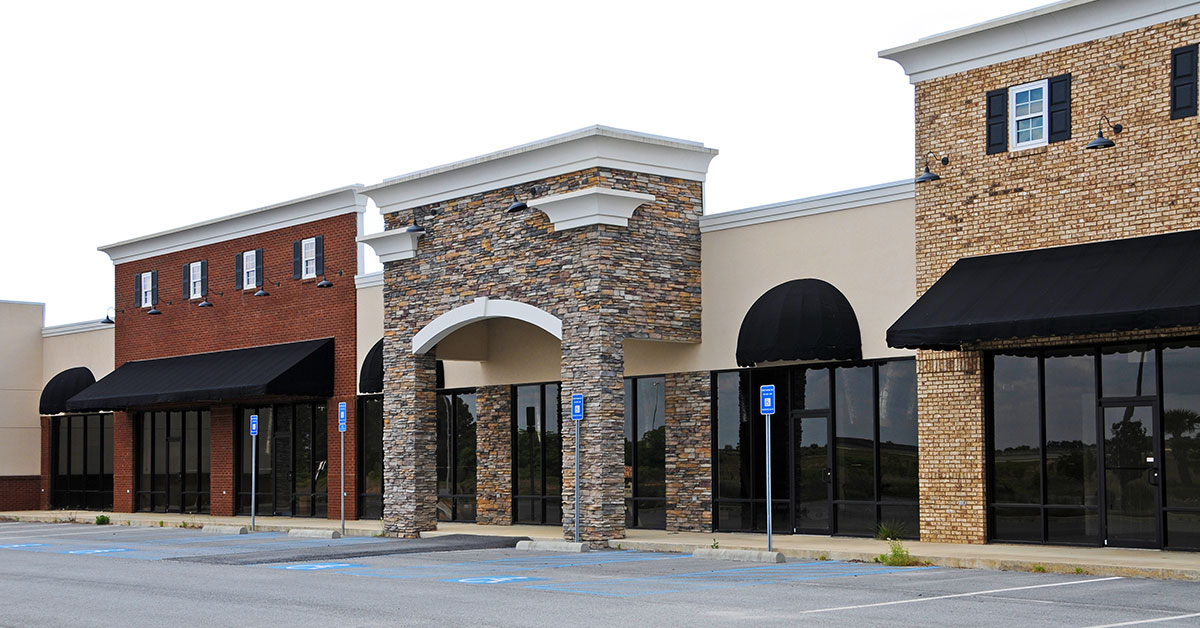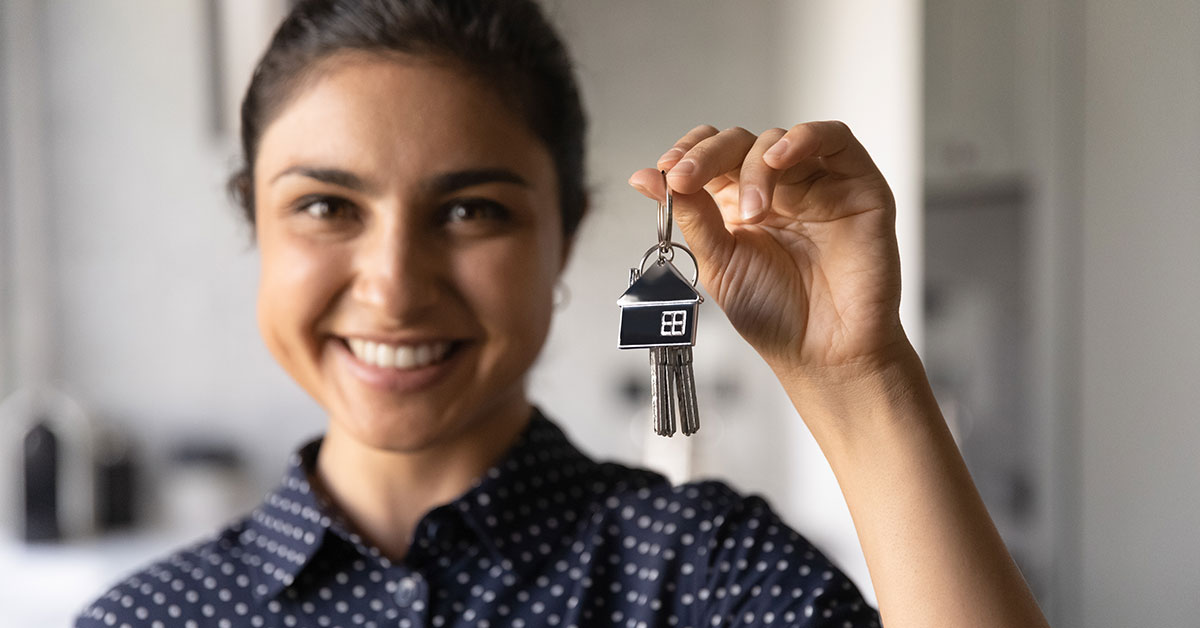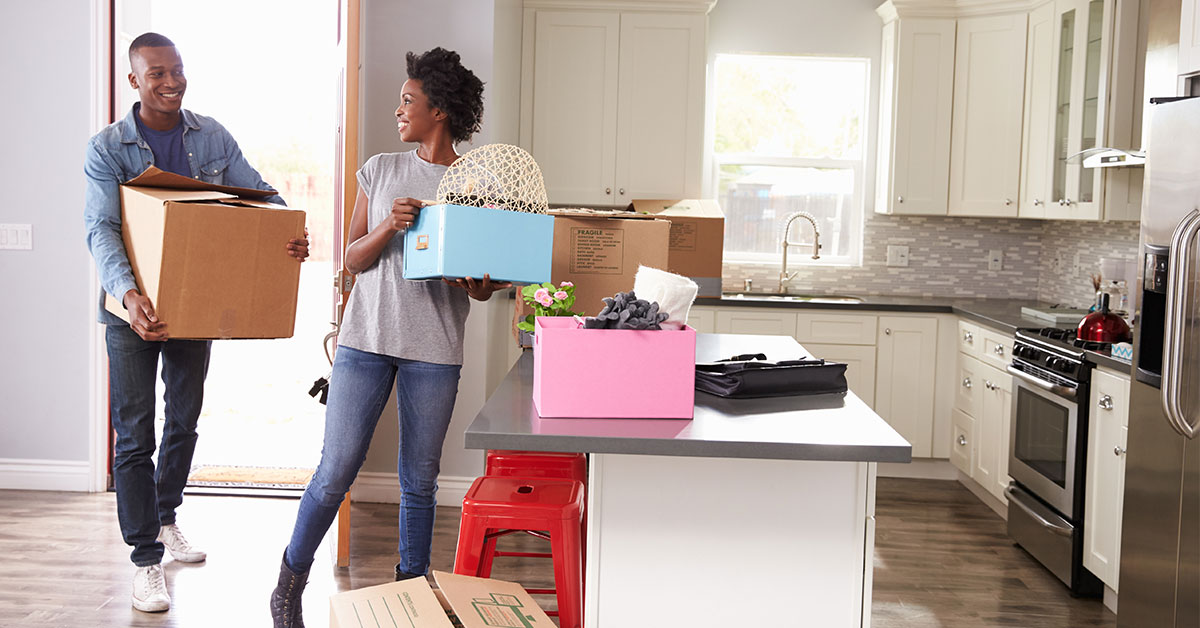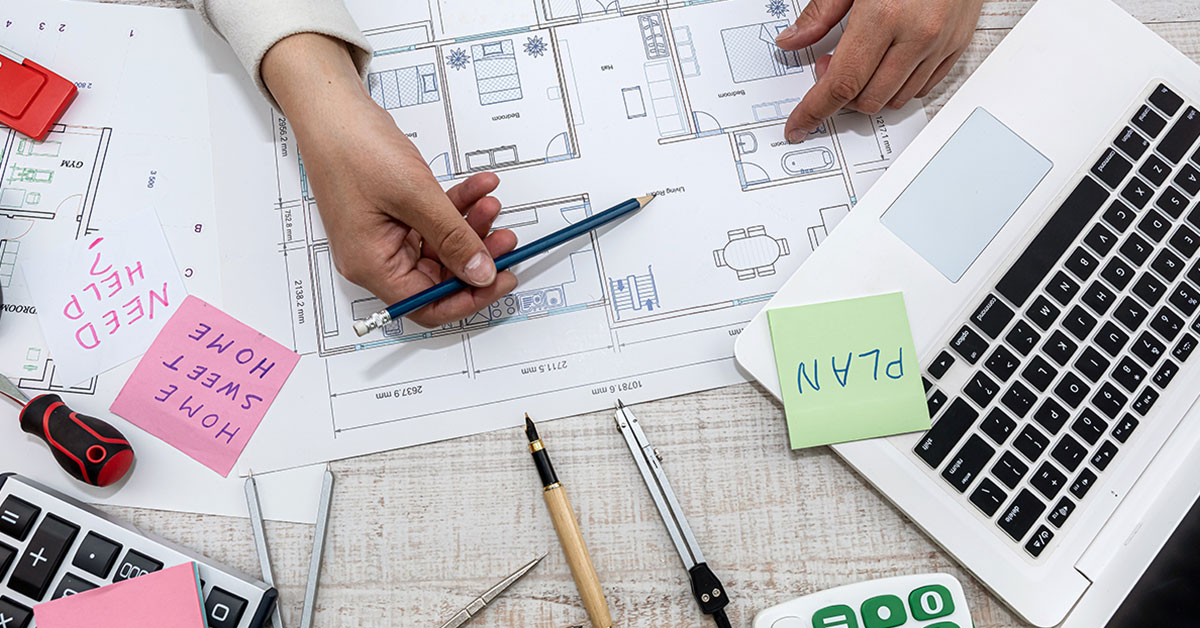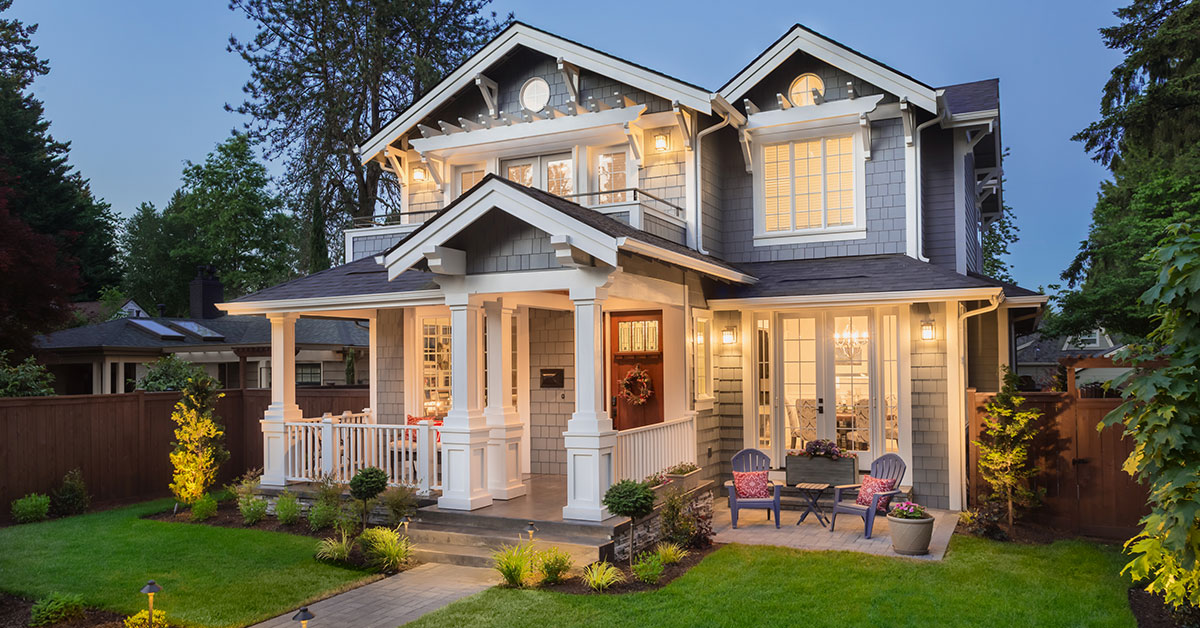
5 Common Home-Buying Mistakes
When you are in the market for a new home, your goal is to end up with a home you love at a price you can afford. Between prepping your finances and the logistics of buying a house, it’s all-too easy to get swept up in an overwhelming whirlwind and end up in an unwise investment.
If you are in the market for a new home, we can help you skip the buyer's remorse by avoiding these five-common home-buying mistakes.
1. Not Saving Enough for a Down Payment
Buying a house is a substantial financial move that will not only affect your credit but your financial status for years to come. Buying a home is not a decision you should make on a whim. Planning ahead is key to making sure this purchase is an investment to your future. Before you do anything else, you need to figure out what you can afford and just how you will afford it. One major part is saving up for your down payment and closing costs for purchase so that you have the cash on hand when you need it.
It’s true that you don’t always have to make a 20% down payment to secure a home. With some loan programs, like the Federal Housing Administration Loan (FHA), you can buy a home with as little as 3.5% down. But is this a good idea? Here’s the thing: if you are unable to put at least 20% down, mortgage companies may view you as a risk, and you'll have to pay private mortgage insurance (PMI) until you pay off at least 20% of the principal.
How much you save for a down payment is entirely up to you but keep in mind that a significant down payment will secure you a more affordable monthly payment plan in the long run.
2. Skipping the Mortgage Pre-Approval Process
Make sure to get pre-approved for a mortgage before placing an offer on a home. Checking with your chosen lender and finding out what they are willing to lend you via a pre-approval is your best bet before you even start house shopping. This is because what you think you can afford and what your financier is willing to lend you may not match up. The last thing you want is to sign a contract on a house that you really can't afford.
Getting pre-approved will help you figure out what you can afford and what your monthly payments will be like – plus, having a pre-approval gives you priority consideration and allows you to make a solid offer on a home. Once you have obtained a pre-approval, you can start house hunting for homes within your budget. Preapprovals also spare you the heartache that comes along with falling in love with a home, only to find out that it's way outside your budget. Don’t get your heart set on something until you know that it’s a good fit for your family financial situation.
3. Buying a House You Can’t Afford
Once you've fallen in love with a house, it's not easy to go back. Purchasing a home you can't afford increases your risk of default and may even lead to foreclosure, especially if your mortgage eats up a significant portion of your income. Here's a tip! Don't fixate on the maximum loan amount you qualify for. Instead, focus on buying a home whose monthly payments you can comfortably afford. (This is where your pre-approval comes in handy.)
As of October 2020, the Federal Housing Administration (FHA) delinquency rate for home loans reached an all-time high of 11.7%. This is a delinquency rate not seen since the Great Recession of 2008. You can prevent this fate by doing your due diligence and cushioning yourself from economic shocks. The last thing you want to do is lose your home because of a failure to plan.
4. Getting the Wrong Mortgage
Don't make the mistake of only looking at mortgage rates from one lender. Different lenders have different loan programs and rates. Do yourself a favor and shop around for the best rates and mortgage products. Many first-time buyers tend to overlook government-insured loan programs, which can ease-up the entire purchase process. The bottom line is, know what is available to you!
Here’s a brief overview of these loans. Remember, knowledge is power.
- Veterans have access to U.S. Department of Veterans Affairs (VA) loans that allow qualified persons to put zero down and get 100% financing.
- U.S. Department of Agriculture (USDA) loans allow you to buy homes in designated rural areas at zero down and 100% financing.
- FHA loans allow for down payments as a small of 3.5%, and the good thing is you don't need to have perfect credit to qualify.

5. Not Seeking Professional Advice
Don't make the mistake of walking into an open house without having a real estate agent by your side. Take your time and find a professional realtor who has your best interests at heart and who'll educate you on the home buying process. An added bonus: a real estate agent may even get you access to a house that hasn't hit the market yet!
Make sure to interview several agents and get referrals from friends and family members. The right real estate agent will be able to find you a home you’ll love at an affordable price.
Buying a home is one of the most significant decisions you'll make in a lifetime; it makes sense to get it right the first time. It's a big decision, but it doesn't have to be complicated. Be realistic, take your time and get some help, and ultimately, you'll make the right decision for your family and your finances.



